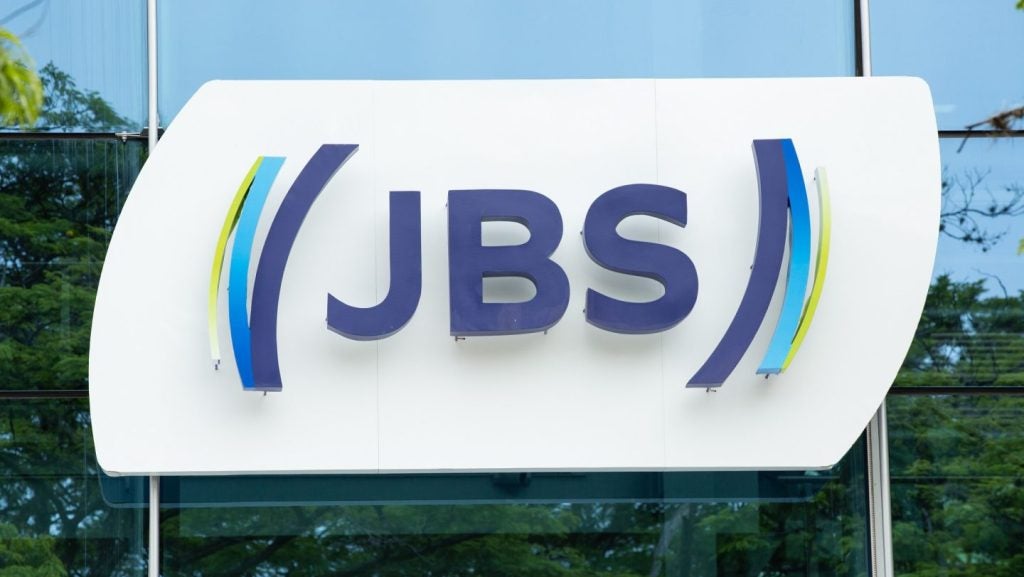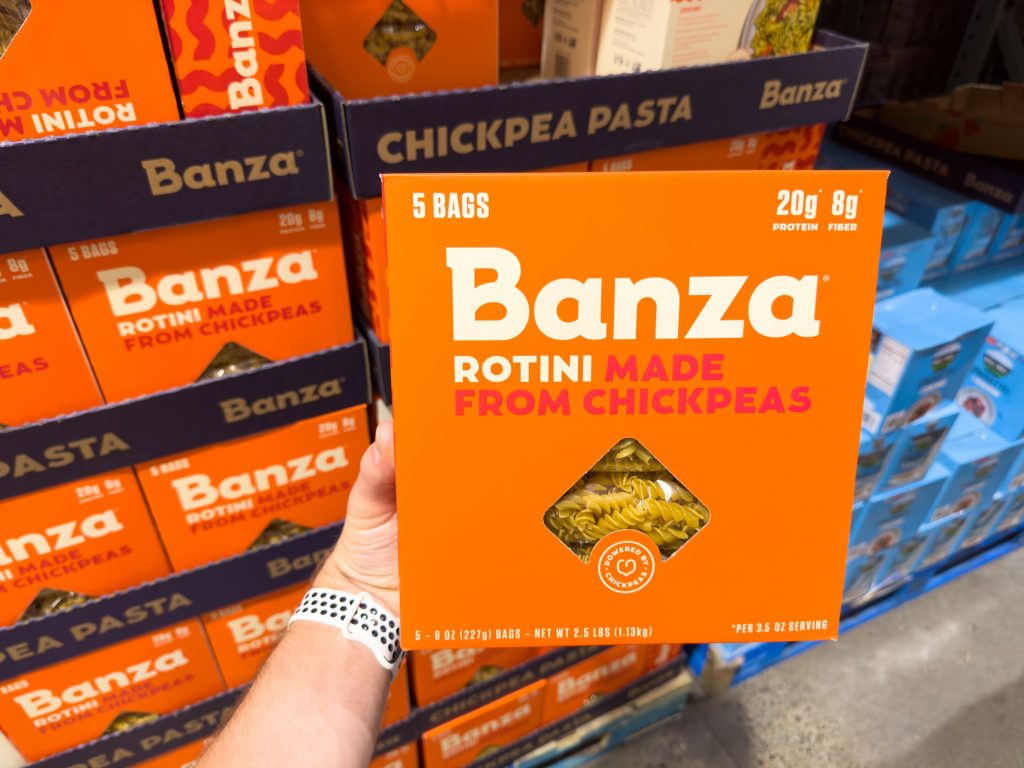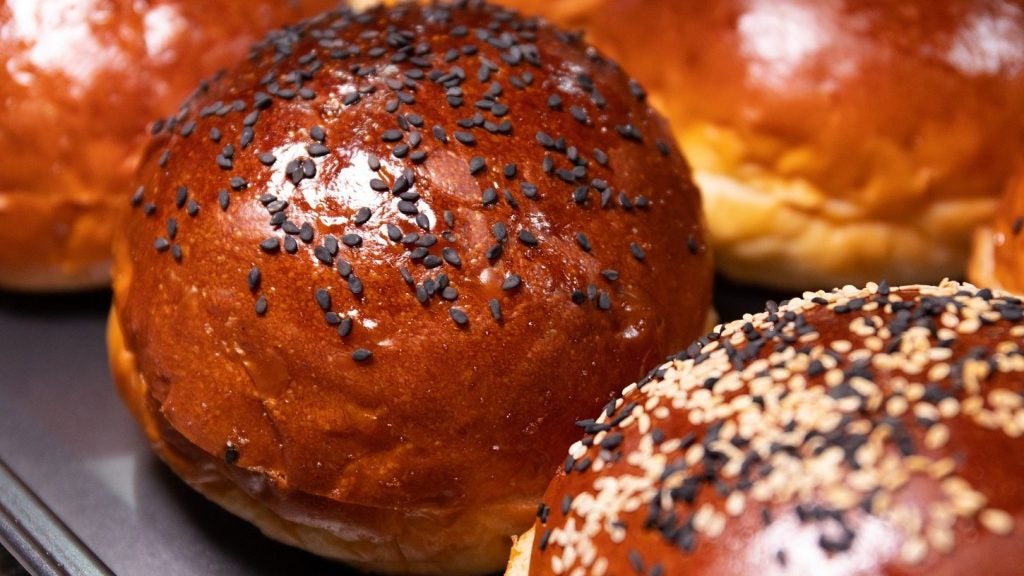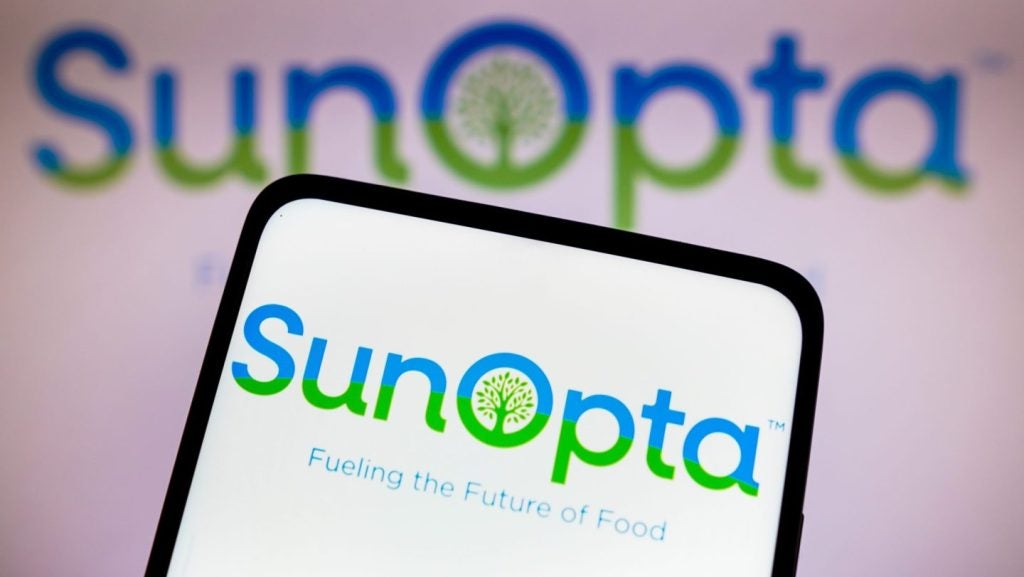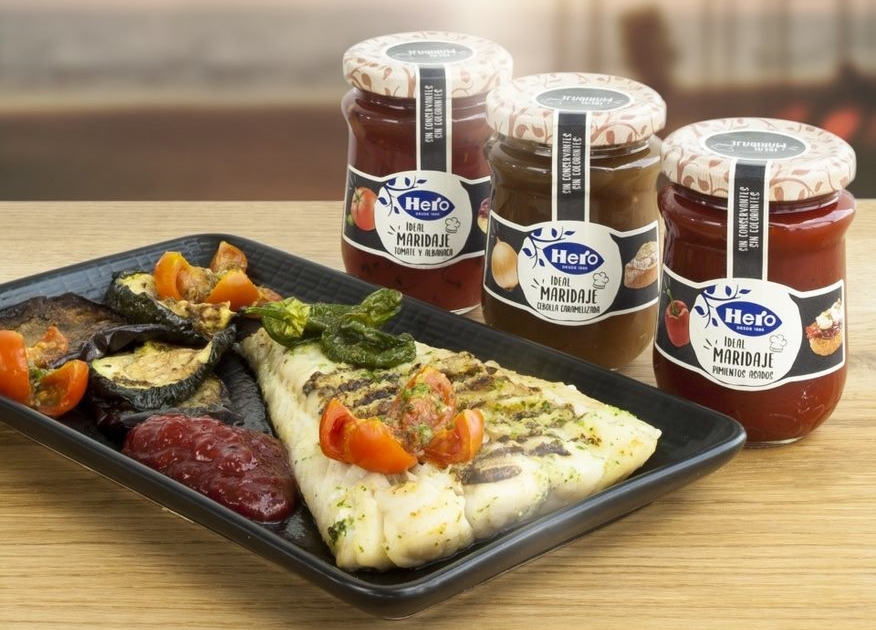JBS plans to spend 15 billion reais ($3bn) to expand operations in the meat giant’s home market of Brazil.
The investment is part of a wider programme by the parent company J&F Group and its investment vehicle J&F Investimentos, all owned by the Batista family, to be implemented by 2026.
JBS’s CEO Gilberto Tomazoni revealed the targets on Friday (27 October) as he marked the opening of two value-added food production facilities in Rolândia, located in the northern part of Paraná state. Those fresh meat and prepared foods projects were announced in 2021.
Of the 38 billion reais investment initially slated across all of the separate business areas, that will now rise to 50 billion reais if JBS completes a dual listing in the US. The meat major announced the plan in July, to add to its stock-market listing in Brazil.
The world’s largest meatpacker completed an IPO in Sao Paulo in 2007 and had been touting a New York listing since at least 2016 through its Netherlands-headquartered overseas subsidiary JBS Foods International.
However, JBS culled the plans in 2017 amid a corruption scandal centered around the company’s controlling shareholder, J&F Investimentos, and two members of the Batista family that ran the investment firm.
J&F Group also hopes to create 50,000 additional jobs by 2026, 20,000 of which will be placed at JBS, Tomazoni said, adding the initial investment for the meat division was originally targeted at 3 billion reais.
The two new plants in Rolândia are set on a 257,000 square-metre plot and employ 4,500 staff. Tomazoni said the investment will enable the JBS Seara brand to expand its offering of breaded chicken products and sausage.
The business now employs 14,000 people in Rolândia.
Shareholder Wesley Batista added: “Looking at our group as a whole, we are currently 180,000 people in Brazil – being the largest employer in the country – and 280,000 employees around the world, with 500 factories.”
JBS revealed a second-quarter net loss in August of $53.2m for the three months to the end of June, compared to a profit of $803.2m a year earlier.
Net sales fell 3.6% to $18.1bn, dented by lower sales from its domestic operations, from its pork division, from its business in Australia and from Pilgrim’s Pride, the US-based group in which the company owns a majority stake.
Announcing the plan to revisit a US listing in July, Tomazoni said: “The dual-listing strategy will accelerate our capacity for diversification and growth into more branded and value-added food products, reduce our cost of capital and generate greater returns for shareholders, while creating opportunities for the communities where we operate and for our more than 260,000 team members around the world.”


